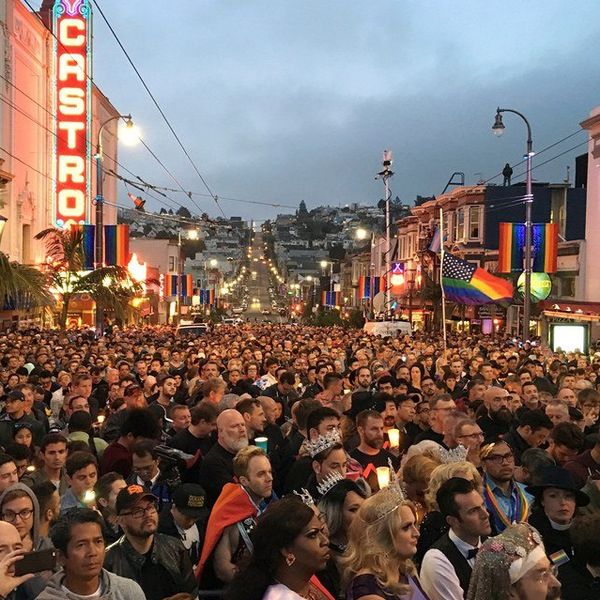The recent controversy over the lenient conviction of Brock Turner, also known as the Stanford rapist, raises larger questions about sexual violence against women on college campuses. While sexual assault is far from a new issue for college students, it often is still ignored or even unreported.
A recent survey of more than 150,000 college students all over the country conducted by the Association of American Universities (AAU) found that approximately 23 percent of female students and 3 percent of male students reported experiencing some form of unwanted sexual contact. This study specifically reported that the longer a student attended college classes, the higher their likelihood of encountering an unwanted sexual encounter. AAU also reported that the percentage of women enrolled in Ivy League colleges like Harvard, Yale or Stanford who reported unwanted sexual contact rose to nearly 30 percent. Clearly, this is a national threat to the safety of college students.
So what are universities doing to protect students? A study on sexual assault on college campuses conducted by the Department of Justice found that in most cases, rape is committed at night by someone the victim knows in the privacy of their own residence. They also point out that many rape survivors are sexually victimized prior to the assault, whether they're stalked, or have been the target lewd comments or sexist statements.
These instances of minor sexual harassment are often ignored by universities, who instead present sexual assault as a violent act committed by a random assailant in a dark alley. There must be more information provided to students about the warning signs of sexual victimization that precede a sexual assault and there must be more preventative measures that can be taken before someone is violently assaulted. Most universities refuse to report rape to the police because it will make their campus seem statistically “unsafe” and yet they are not actually doing anything to stop sexual assault in their communities.
Even at the most seemingly progressive or prestigious universities, there is an underlying culture of violence towards women. Famously, a Harvard student brought the mattress that she was assaulted on to her graduation to showcase how the university had tried to shame her into silence. And as we publicly saw with the conviction of Brock Turner, there are often little to no consequences for rapists of a certain racial and socioeconomic background in the judicial system. The Rape, Abuse and Incest National Network (RAINN) that out of 1,000 reported cases of rape, 994 perpetrators will not be convicted. And only 334 survivors out of 1,000 will actually report sexual assault, meaning that the actual rate of sexual violence is much, much higher.
An even bigger issue with the public perception of sexual assault is that it is often considered to be “taboo.” For this reason, there is so much misinformation about sexual assault circulating in public knowledge. Unfortunately, most survivors are under the impression that they will be shamed for coming forward and reporting their assault. Some survivors may not even be fully aware that the violence against them was, in fact, a crime. A chilling survey conducted amongst college students in North Dakota found that one in three male participants stated that they would have either nonconsensual sex with a female partner or that they would try to physically coerce a woman to have sex with them. The most disturbing aspect is that these men did not consider this to be an “act of rape.” This misogynistic attitude towards sexual encounters clearly demonstrates a lack of awareness or social consequences for sexual assault. Evidently, there is a disconnect between the sexual education that most American children receive and healthy attitudes towards sex. I believe that children must be taught from a young age to stop sexual victimization before this type of violence becomes physically dangerous. I think the lack of community support for survivors of sexual assault and the general hostility towards those who are brave enough to report assault has created a dangerous social situation in which all women feel unsafe.
For more information, you can check out these sources:
https://www.ncjrs.gov/pdffiles1/nij/182369.pdf
http://online.liebertpub.com/doi/abs/10.1089/vio.2...





















